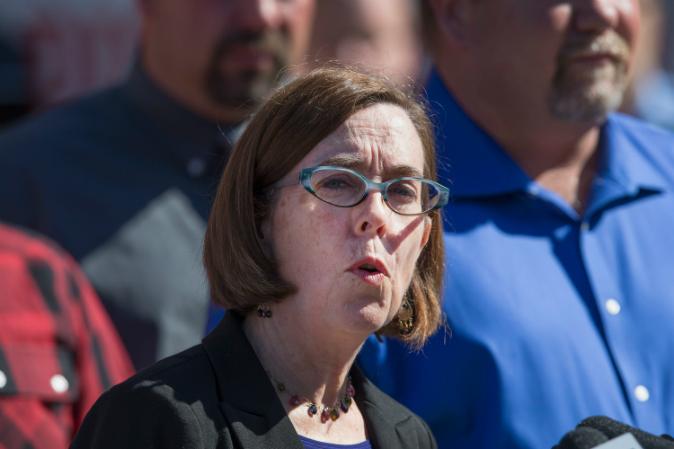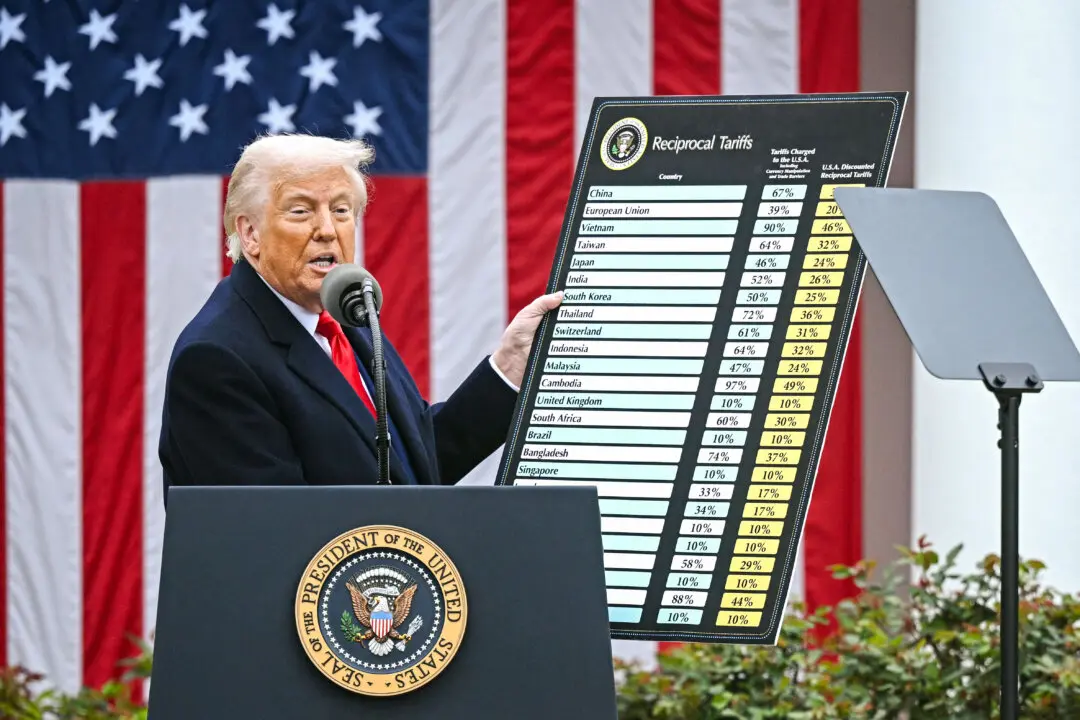The Oregon Supreme Court temporarily reinstated Gov. Kate Brown’s COVID-19 restrictions, just hours after a county judge ruled that her statewide order was “null and void.”
Baker County Circuit Judge Matthew Shirtcliff ruled that Brown didn’t seek the state legislature’s approval to extend a stay-at-home order beyond its original 28-day limit in an attempt to curb the spread of the CCP (Chinese Communist Party) virus.





